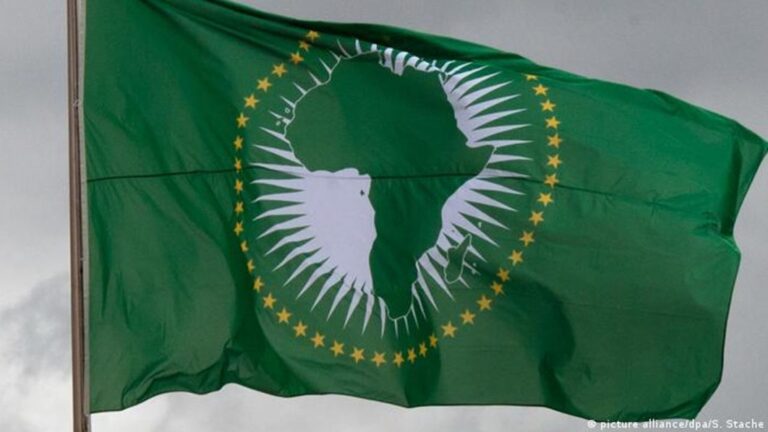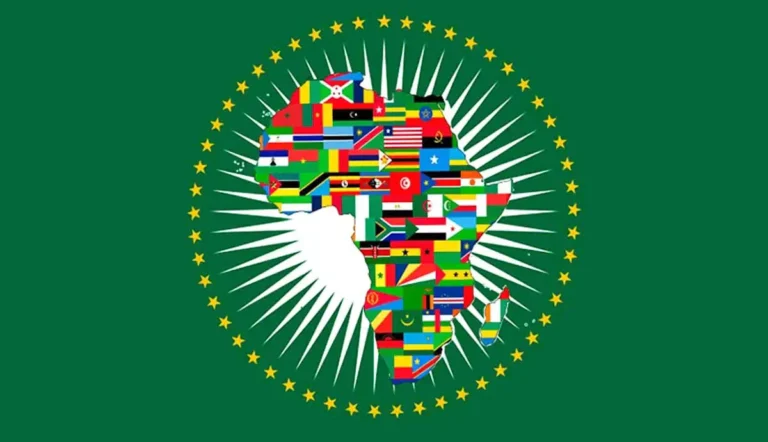
Unstoppable Africa 2025 summit highlights on trade, energy, and innovation
Across African skylines, from bustling Lagos to solar farms in the Sahel, a new narrative is taking shape. It is no longer a story of aid and dependency, but of trade, innovation, and determination. The Unstoppable Africa 2025 summit highlights on trade, energy, and innovation tell the world that Africa is not waiting to be invited into global markets — it is shaping them.
The event, themed “The Big Push: Africa Shapes the Markets”, brought together leaders, entrepreneurs, and innovators from across the continent. The discussions revealed how Africa is breaking old cycles of raw material export and instead building value chains that generate jobs and industries at home.
Breaking Old Cycles
For decades, Africa’s role in global trade has been narrowly defined. Minerals leave the ground in raw form, shipped to Asia or Europe for processing, only to return as high-cost finished goods. The Unstoppable Africa 2025 summit highlights on trade, energy, and innovation confront this imbalance head-on.
Panels on critical minerals pointed to East African startups that are processing lithium and cobalt locally. Instead of exporting ore, they are building regional industries that feed electric vehicle and battery markets. This shift signals Africa’s intent: to stop exporting value and start owning it.
Protagonists of Change
To illustrate the stakes, the summit showcased projects and people who embody Africa’s transformation.
- Critical Minerals in East Africa: A startup in Rwanda is pioneering local refining of lithium. By selling processed minerals instead of raw ore, it increases national revenues and creates technical jobs for youth. This project exemplifies how Africa’s shift from aid-dependency to economic agency and self-determination is gaining momentum.
- Renewable Energy in Southern Africa: In Namibia, a solar farm cooperative is supplying power not just to homes but to factories, enabling industries to grow sustainably. The project shows how green energy can fuel Africa’s industrial future while cutting costs and carbon emissions.
- Creative Industry in West Africa: A young Nigerian digital content creator is using streaming platforms to reach global audiences. Her work demonstrates how Africa is shaping global markets through trade, innovation, and investment in creative industries, often overlooked in traditional trade discussions.
- AgriTech Across Borders: In Kenya, a tech entrepreneur is leveraging AfCFTA to connect farmers across East Africa, reducing post-harvest losses through smart logistics. By moving food efficiently across borders, the platform tackles waste, hunger, and trade inefficiency at once.
Together, these stories prove that the Unstoppable Africa 2025 summit highlights on trade, energy, and innovation are grounded in real transformation, not just rhetoric.
Navigating Global Challenges
The discussions also acknowledged the hurdles. Africa must navigate international regulations like the EU’s Carbon Border Adjustment Mechanism (CBAM), which penalizes carbon-heavy exports. For Africa, this could mean losing competitiveness unless industries “green” their production quickly.
Trade wars, global supply chain disruptions, and volatile commodity prices further complicate the landscape. But as the summit showed, these challenges are not insurmountable. Instead, they are spurring local innovation. Entrepreneurs are creating climate-smart agriculture, renewable power solutions, and digital marketplaces that reduce dependence on global shocks.
The AfCFTA Advantage
Central to many conversations was the African Continental Free Trade Area (AfCFTA), the world’s largest free trade agreement by membership. The Unstoppable Africa 2025 summit highlights on trade, energy, and innovation showcased AfCFTA as a game-changer.
By lowering tariffs and harmonizing standards, AfCFTA enables African businesses to trade more easily with neighbors than with distant markets. This integration could lift intra-African trade by 52% within a decade, creating regional value chains in food, textiles, minerals, and digital services. For young tech innovators, AfCFTA provides the legal and logistical framework to scale across borders.
Building Local Value Chains
A recurring theme at the summit was the urgency of building local value chains in Africa to boost jobs, industries, and global competitiveness.
Take cocoa as an example. Africa grows more than 70% of the world’s cocoa but captures less than 10% of the chocolate market’s $100 billion value. The Unstoppable Africa 2025 summit highlights on trade, energy, and innovation spotlighted new ventures in Ghana and Côte d’Ivoire that are processing cocoa locally, creating chocolate brands for both African and international consumers.
The same approach applies to textiles, automotive parts, and digital services. By retaining value locally, Africa keeps profits, expertise, and jobs within its borders.
Youth and Inclusion
Another highlight was the role of Africa’s youth. With 70% of the population under 30, young people are at the center of innovation. But the Unstoppable Africa 2025 summit highlights on trade, energy, and innovation also raised concerns about inclusivity.
If policies and investments do not intentionally include women, rural communities, and the informal sector, growth risks deepening inequality. Many speakers emphasized the need for affordable financing, digital access, and vocational training. Empowering marginalized groups is not charity, they argued, but essential for building resilient economies.
Risk vs Reward
Investors remain cautious. Infrastructure gaps, regulatory uncertainty, and political instability create risks. But as one panelist noted, “The higher the risk, the greater the opportunity.” Africa is one of the fastest-growing consumer markets, projected to reach 1.7 billion people by 2030.
The Unstoppable Africa 2025 summit highlights on trade, energy, and innovation stressed that ignoring Africa means missing out on the next big wave of global growth. With reforms, Africa can attract capital not as a charity case but as a competitive investment destination.
Global Comparisons and Context
Speakers compared Africa’s trajectory to other emerging regions. Just as Southeast Asia transformed from agrarian economies into manufacturing powerhouses, Africa can leapfrog into green industrialization. With its vast solar and wind resources, Africa could become the world’s renewable energy hub, exporting not only minerals but green hydrogen and clean power.
This vision reinforced how Africa is shaping global markets through trade, innovation, and investment, and not merely reacting to them.
Closing Vision
The summit closed with a powerful image: young innovators standing beside ministers and global investors, united in one message — Africa’s time is now.
The Unstoppable Africa 2025 summit highlights on trade, energy, and innovation underline a shift in narrative. No longer defined by aid, Africa is embracing economic agency and self-determination. From processing minerals to exporting culture, from powering industries with solar to connecting farmers across borders, the continent is rewriting its story.
The call to action was clear: Africa’s big push is happening, and the world must choose whether to partner with it or be left behind.



